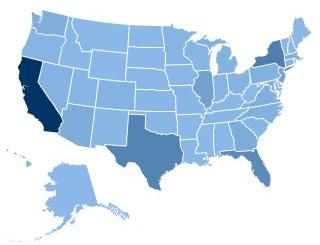(Updated January 2012) The United States and the colonial society that preceded it were created by successive waves of immigration from all corners of the globe. But public and political attitudes towards immigrants have always been ambivalent and contradictory, and sometimes hostile. The early immigrants to colonial America—from England, France, Germany, and other countries in northwestern Europe—came in search of economic opportunity and political freedom, yet they often relied upon the labor of African slaves working land taken from Native Americans. The descendants of these first European immigrants sometimes viewed as “racially” and religiously suspect the European immigrants who came to the United States in the late 1800s from Italy, Poland, Russia, and elsewhere in southeastern Europe. The descendants of these immigrants, in turn, have often taken a dim view of the growing numbers of Latin American, Asian, and African immigrants who began to arrive in the second half of the 20th century.
Published On: Fri, Jan 13, 2012 | Download File



